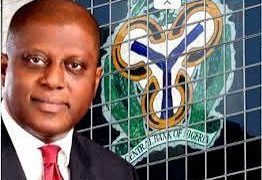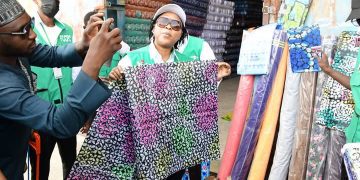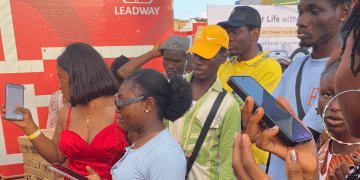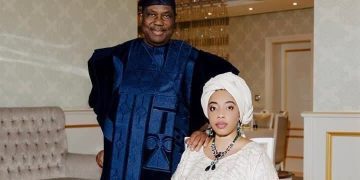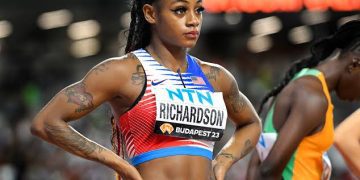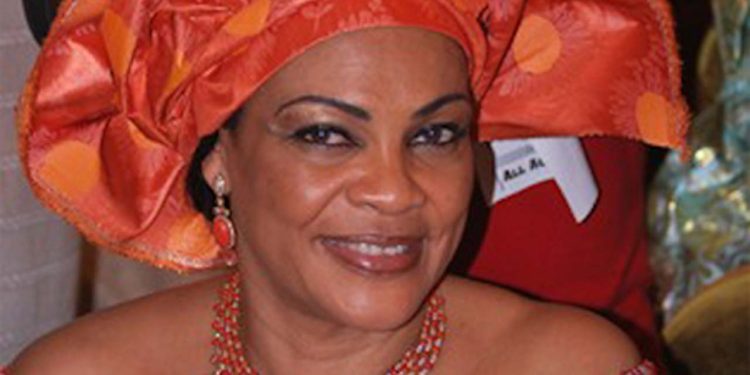By Ayobami Ife, Abeokuta
Nigerian women have called for increased participation of women in politics and leadership position, citing the need for more inclusive and equitable decision-making to enhance the country’s chances of realizing her full potentials.
The call was made on Tuesday in Ikenne home of late Chief Obafemi Awolowo and HID Awolowo during a national dialogue commemorating the 110th posthumous birthday of Chief Mrs. Hannah Idowu Dideolu Awolowo, a pioneering businesswoman and politician.
The dialogue highlighted challenges facing women in politics, including under-representation, structural barriers, and party gatekeeping. Participants proposed measures to strengthen women’s participation, including gender quotas and systemic reforms
Speaking during the celebration, the Minister of Art, Culture, Tourism and Creative Economy, Hon. Hannatu Musa Musawa while presenting a paper titled, “Advocacy, Power in numbers: The role of women’s movements, civil society organisations and alliance,” urged Nigerian women to move in numbers, adding that they could move mountains if they moved together.
Hannatu Musa Musawa urged women to “move in numbers” and work collectively to achieve their goals.
She also urged women to recommit to the true essence of power in numbers and not in symbolic unity for photo ops.
“As we look 30 years beyond Beijing, let us recommit to the true essence of power in numbers: Not symbolic unity. Not unity for photos”
“But unity that is strategic, active, and sustained. Because when Nigerian women gather, movements rise. When we rise, barriers fal.”
Also, Senator Daisy Danjuma harped on the importance of women supporting women in politics, stating, “A country cannot survive well, for every country that has survived and every country that is doing very well today, they have maybe 50-60% women.”
Giving her remarks, the Chairman of the Foundation, Senator Daisy Danjuma stated that no country can survive without having women in decision-making and policy-making, arguing that for every country that is doing well they have at least 50-60% women participation.
She called on Nigerian women to wake up and join forces to support women in politics.
“A country cannot survive well, for every country that has survived and every country that is doing very well today, they have maybe 50-60% women, Nigeria has at least 40-30% percent women”.
“Nigeria we are yet to wake up to join that team, women must tend to support women like they say the sky is wide enough for birds to fly without collision, if you are taking any position you are occupying it does not disturb any other woman please women I’d like to advise women to support women”
” I will like to see more women elected and in policy you can see that the highest number of women we’ve ever had in politics was in 2007, I did a lot of work from state to state begging governors advocating you know advocacy a lot of it went into play so 2007 had the highest number of women in politics that is the work we did.
In her keynote address, Professor Mrs Olabisi Aina, the Executive Director of gender, Women, & children in Sustainable Development, emphasised the need for women to be proactive with the system, stating that doing everything at the grassroots without watching the system will not change anything in terms of the political will.
She posited that Nigeria, as a country, has policies that do not need to write any duplicates but to domesticate the ones on the ground.
“Nigeria has a replica of policies, so I will not say let’s write more policies, but I think first that people in the national assembly can take on what we have on national gender policy, we have 36 states. I know that in 2006, 2006the gender policy was only implemented in six states, so we revised it in 2021.
Aina reflected on the progress and persistent challenges facing Nigerian women in politics. She urged emerging women leaders to act boldly, prepare diligently, and reject self-doubt.
The dialogue featured prominent speakers, including Senator Daisy Danjuma, Her Excellency Engineer Nohimot Salako-Oyedele, and Mrs NYaradzayi Gumzubela, UN Assistant Secretary-General and Deputy Executive Director of UN Women.
Participants at the dialogue identified persistent under-representation, structural and cultural barriers, and entrenched party gatekeeping as key challenges facing women in politics.
In their communique, they proposed
measures to strengthen women’s political participation, including the need for systemic imagination, national implications for sidelining women, and the enactment and enforcement of gender quotas.
The dialogue concluded that Nigeria’s future depends on inclusive, intersectional, intergenerational, and female-friendly politics. “Nigeria will rise when Nigerian women truly rise,” the communiqué stated.
The HID Awolowo Foundation called on political parties, civil society, and the private sector to recommit to ensuring that Nigerian women reclaim their agency and reimagine a more inclusive and equitable political future.
ADVERTISEMENT




